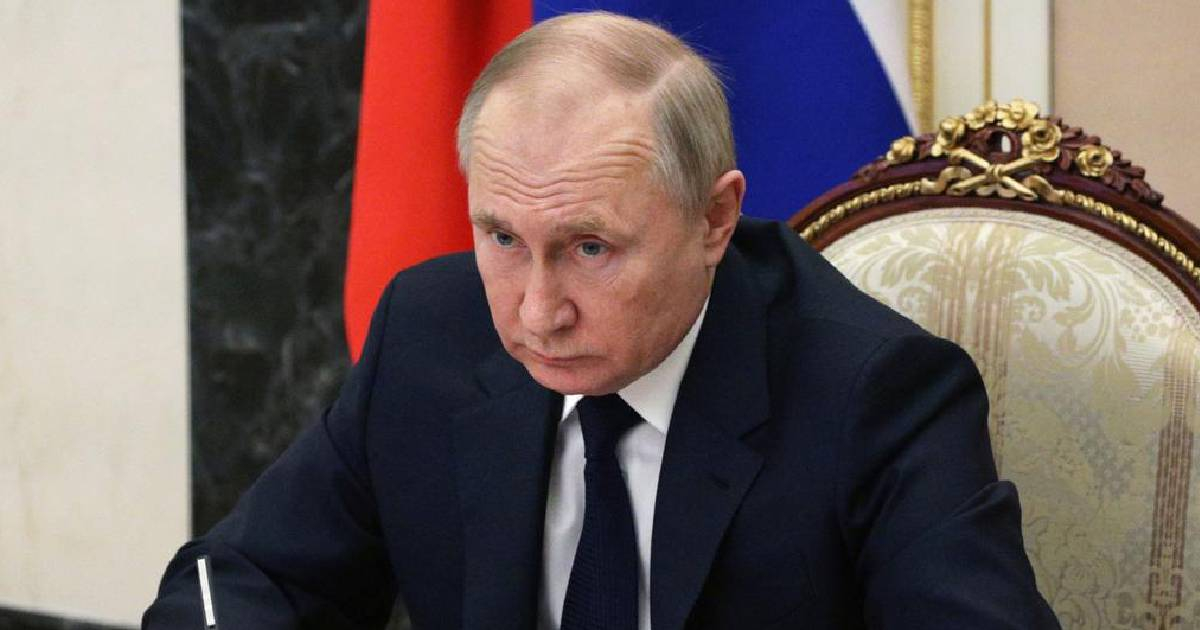Cubans residing in Russia might face new challenges due to a recently signed law outlining the obligations for foreigners wishing to live in the country. The law, signed last Thursday by President Vladimir Putin, was published on the State's legal information portal, detailing mechanisms for deporting foreigners who violate local legislation.
Russian legislators who introduced the law stated that "these changes will not only enhance control over the stay of foreigners on Russian territory but also motivate them to legalize their status," according to EFE news agency.
Key Requirements of the New Law
The document mandates that foreigners aspiring to reside in Russia must "refrain from activities harmful to Russia, respect the Constitution, and adhere to existing laws." It further demands respect for the environment, natural resources, material and cultural values, and the regional and ethnocultural diversity of Russia's population.
The law also prohibits "interfering in Russia's state policies, both foreign and domestic, including actions aimed at approving, altering, or repealing laws or other regulatory acts." Moreover, it insists on "respecting Russia's traditional spiritual and moral values, including the concept of marriage as a union between a man and a woman, family, motherhood, fatherhood, and childhood."
One of the provisions bans "propaganda of non-traditional sexual relations and the distortion of historical truth about the Soviet people's defense of the Motherland and their contribution to the victory over fascism." It also forbids financing or supporting activities deemed illegal in Russia.
Deportation and Restrictions
The new law clarifies that deportations apply to individuals who do not legally reside in the country, whether due to the expiration of temporary stay permits, the annulment of residence permits, or criminal activities. With this law in effect, the Russian regime introduces more stringent control measures to track foreigners' whereabouts and impose limitations on their rights.
Among the restrictions are reduced freedom of movement, prohibition of changing residence without Interior Ministry approval, and bans on obtaining driver's licenses or purchasing property. Affected individuals also cannot marry, register as self-employed, open bank accounts, obtain credit, or make money transfers, except for buying food up to 30,000 rubles monthly (approximately $350 or €320) and purchasing tickets to leave the country.
The law establishes a registry of controlled persons to be used by the Interior Ministry and the Government. It allows these individuals to be detained in special facilities for up to 48 hours without trial, extendable by court decision. Police officers are authorized to enter residences and establishments suspected of harboring illegal migrants and can deport foreigners without a judicial process.
Additionally, the law reduces the temporary stay period for foreigners entering Russia under a visa exemption regime, such as Cubans, to 90 days within a year. These measures align with the expulsions following the March 22nd theater attack near Moscow, which resulted in at least 150 deaths. At that time, President Putin called for combating illegal immigration, stating that Russia had paid "a high price" and that the situation analysis must be "extremely objective and professional."
He urged the containment of illegal immigrant flows, including Cubans, who have been able to travel to Russia visa-free for 90 days for several years.
Understanding Russia's New Immigration Law
The recent changes in Russia's immigration law have raised several questions. Here are some common inquiries and their answers to help clarify the situation.
What are the main requirements for foreigners wishing to live in Russia under the new law?
Foreigners must refrain from activities harmful to Russia, respect the Constitution and laws, and adhere to cultural and environmental standards. They must also not interfere in state policies or promote non-traditional sexual relations.
What restrictions does the new law impose on foreigners?
The law imposes restrictions on movement, residence changes, obtaining driver's licenses, purchasing property, and accessing banking services. It also establishes a registry for controlled persons and permits detention without trial.
How does the new law affect Cubans in Russia?
Cubans, who can travel to Russia visa-free for 90 days, will now face stricter stay limitations and other regulatory requirements. Their temporary stay period is reduced to 90 days within a year.
